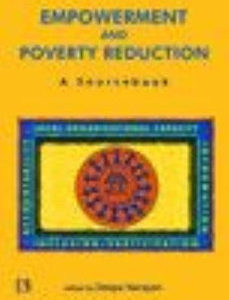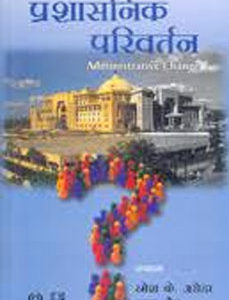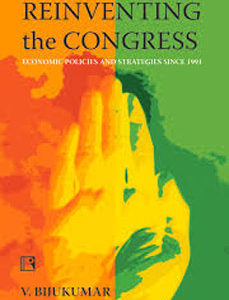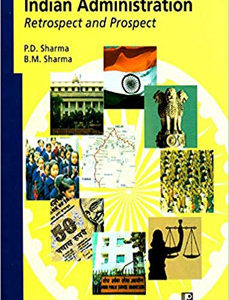MAPPING SUBALTERN STUDIES AND THE POSTCOLONIAL
₹1,495.00 Original price was: ₹1,495.00.₹1,196.00Current price is: ₹1,196.00.
25 in stock
Inspired by Antonio Gramsci’s writings on the history of subaltern classes, the authors in Mapping Subaltern Studies and the Postcolonial sought to contest the elite histories of Indian nationalists by adopting the paradigm of ‘history from below’. Later on, the project shifted from its social history origins by drawing upon an eclectic group of thinkers that included Edward Said, Roland Barthes, Michel Foucault, and Jacques Derrida. This book provides a comprehensive balance sheet of the project and its developments, including Ranajit Guha’s original subaltern studies manifesto, Partha Chatterjee, Dipesh Chakrabarty and Gayatri Spivak.
Contents
• Introduction
• On Some Aspects of the Historiography of Colonial India / Ranajit Guha
• The Nation and Its Peasants / Partha Chatterjee
• Gramsci and Peasant Subalternity in India / David Arnold
• ‘The Making of the Working Class’ / Rajnarayan Chandavarkar
• Recovering the Subject / Rosalind O’Hanlon
• Rallying Around the Subaltern / C.A. Bayly
• Moral Economists, Subalterns, New Social Movements and the (Re-) Emergence of a (Post-) Modernized (Middle) Peasant / Tom Brass
• Writing Post-Orientalist Histories of the Third World / Gyan Prakash
• After Orientalism / Rosalind O’Hanlon and David Washbrook
• Can the ‘Subaltern’ Ride? A Reply to O’Hanlon and Washbrook / Gyan Prakash
• Orientalism Revisited / Sumit Sarkar
• Radical Histories and Question of Enlightenment Rationalism / Dipesh Chakrabarty
• Voices from the Edge / Gyanendra Pandey
• The Decline of the Subaltern in Subaltern Studies / Sumit Sarkar
• The New Subaltern / Gayatri Chakravorty Spivak
| Author's Name | |
|---|---|
| Binding | |
| Release Year | |
| Language | |
| Publisher |
Related products
Political Science
Political Science
Political Science
Political Science
BHARTIYA RAJNITIK VICHARAK (Indian Political Thinkers) (Hindi)
Political Science
REINVENTING THE CONGRESS: Economic Policies and Strategies Since 1991
Political Science
Political Science











